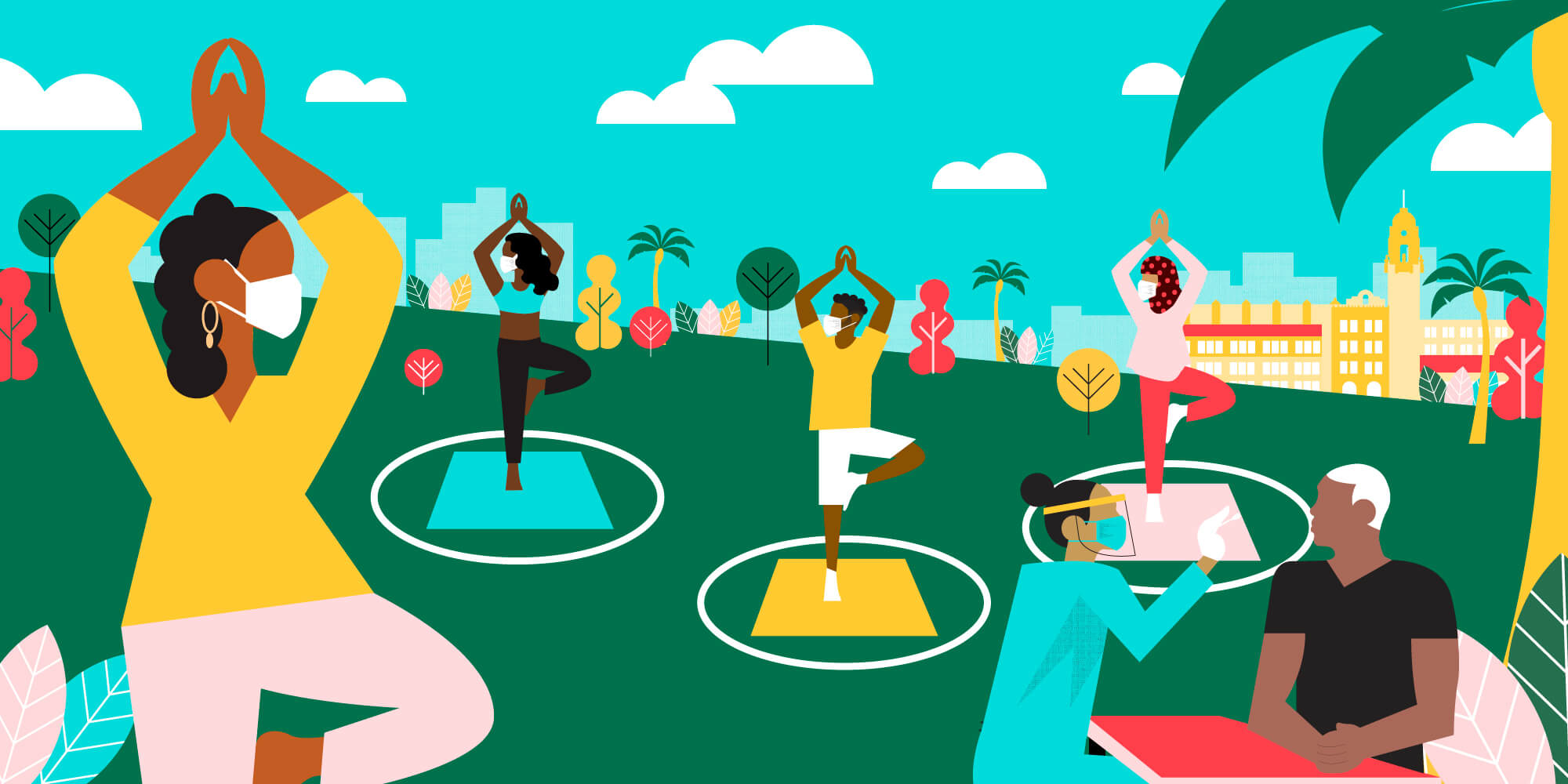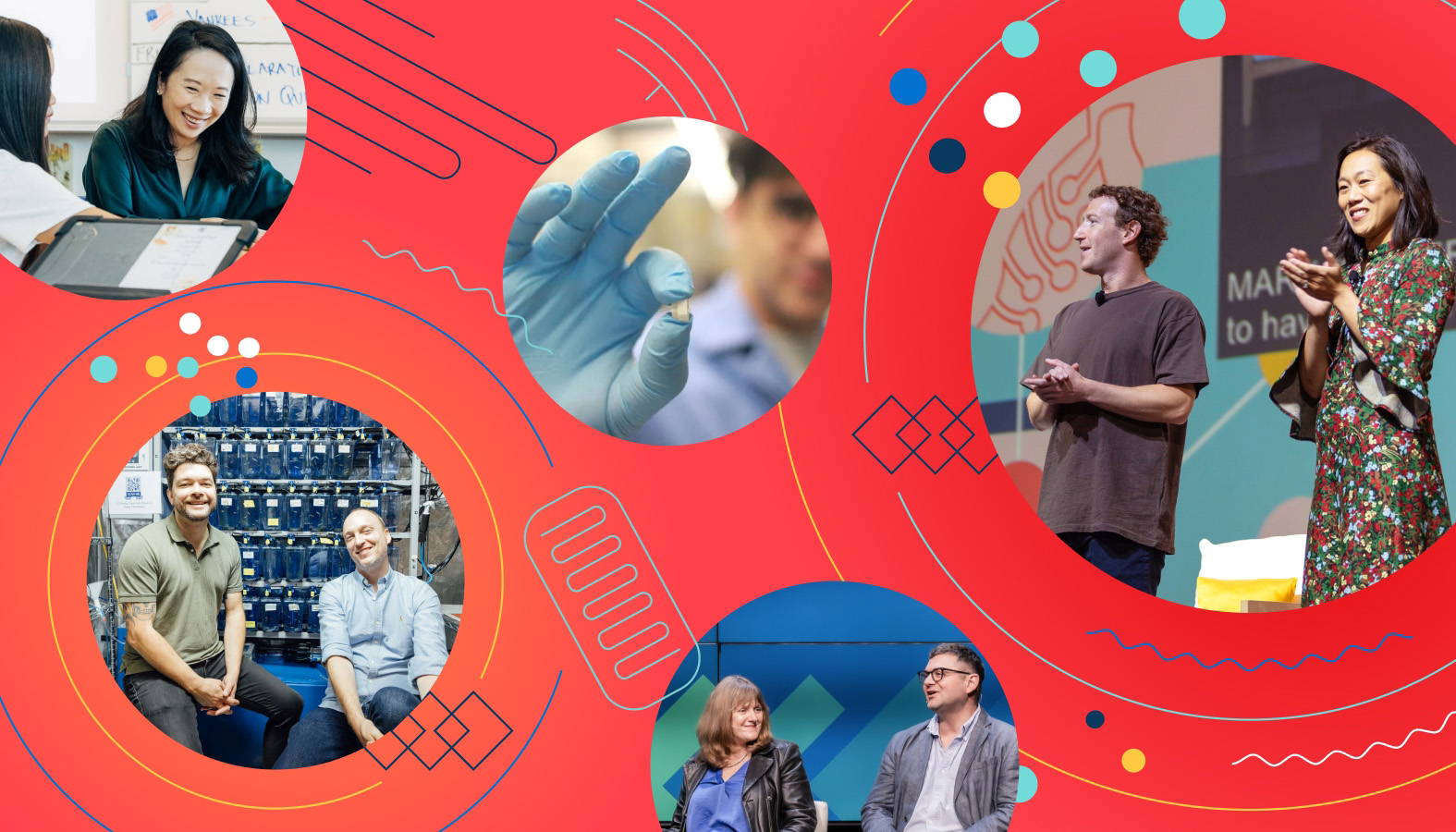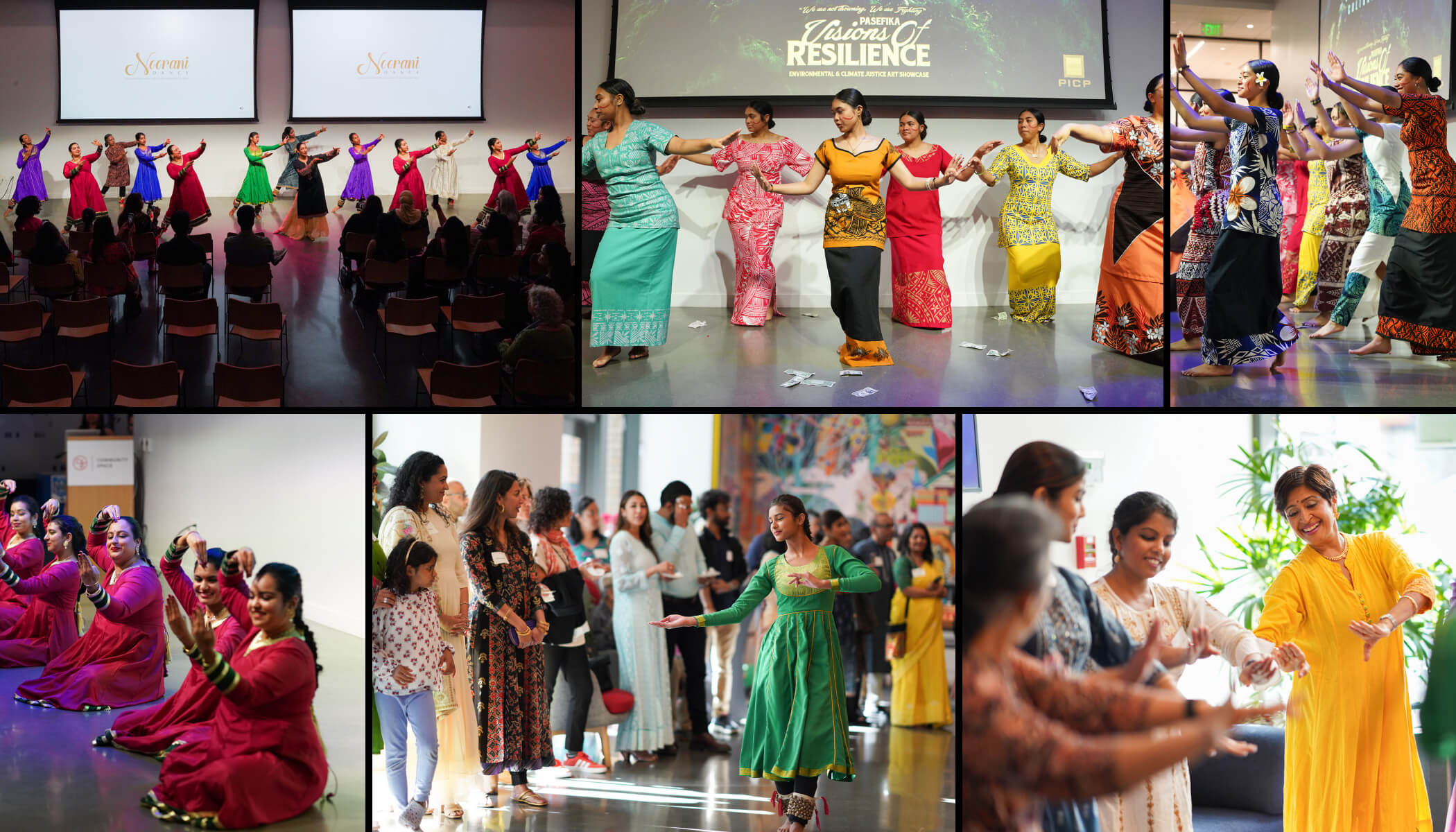Oct 6, 2020 · 5 min read
“We Have to Heal this Anti-Blackness:” A Nonprofit Fights For Health Equity in San Francisco

At the Chan Zuckerberg Initiative, we’ve spent the last six months working aggressively to stop the spread of COVID-19. Many of our efforts have focused on accelerating medical research, but we’re also supporting nonprofits that are leading the response in our community—including the Rafiki Coalition.
Rafiki Coalition has been serving Black communities in the San Francisco Bay Area for 34 years. The organization was founded to respond to the HIV/AIDS epidemic. Today, it works to erase health inequities by providing a wide range of health and wellness services, including COVID-19 testing and contact tracing.
We spoke with Rafiki Coalition’s Executive Director, Monique LeSarre, about the crucial work her organization is doing to address this unprecedented crisis.
This interview was edited and condensed for clarity.
CZI: Tell us about Rafiki Coalition and the services you offer.
Monique: Rafiki Coalition was founded in 1986, at the height of the HIV/AIDS epidemic, to help Black Americans in the Bay Area, and in San Francisco specifically. Our work there isn’t done—queer and trans Black people still suffer disproportionately from HIV/AIDS—but in the years since, we have taken on other health inequities, too.
We do education and prevention work on diseases that disproportionately impact African Americans in San Francisco, including cancer, hypertension, heart disease, diabetes, asthma, and chronic obstructive pulmonary disease. We also focus on wellness services—massage, acupuncture, chiropractic, nutrition, movement, yoga, meditation, Zumba, strength training. Mental health is important to us, so we offer therapy services, including art and music therapy as well.
How have you adapted to COVID-19?
For the first two months of the pandemic, there was no testing in San Francisco for people without private insurance, except for city workers. So we worked with the University of California, San Francisco Cancer Center to create six testing days in San Francisco’s District 10. We tried to make it fun, like a pop-up health fair, and we tested almost 2,000 people.
We’re also doing what I call “pop-up love sessions” in communities where there’s been homicide and violence. We go to them and offer onsite healing and grief services. Of course, some people can’t come in person, so we do wellness checks over the phone, and offer telemedicine sessions, too.
We’re still helping people in person, when we can. For example, we’re delivering groceries to people who are immunocompromised. But we’ve transitioned most of our services online, including our youth academy. Over the summer, we had 12 young people join us for virtual internships. One problem we’re facing is the lack of universal Wi-Fi in San Francisco. The internet just isn’t reliable here, which makes it tricky to deliver services over Zoom.
How do you think about balancing the needs of the community—which aren’t limited to COVID-19?
Our community is suffering from three pandemics. Of course, there’s COVID-19. But there’s also a pandemic of economic stress. And there’s the pandemic of racial terror. We feel like we’re fighting on all of those fronts right now, and it’s been deeply challenging and painful.
The fact is, Black people are far more likely to die from COVID-19. There is structural racism in Bay Area housing policies, policing policies, and transportation policies. Black San Franciscans suffer from poor air quality, food scarcity, lack of transportation, lack of jobs and money, and an education system that is failing us.
There is anti-Blackness everywhere we look. And that takes a real toll on our mental health.
Can you share an example?
Last month, I met a brilliant, beautiful young Black boy. He is 12 years old, and he was feeling suicidal. This boy speaks multiple languages and plays musical instruments—but he attends an all-white school where his classmates call him racist names. Nobody wants to play with him.
Here’s what I told him: “We did not create racism. Racism exists outside of Black people. You are not the problem, racism is the problem. It’s not your fault. You just have to push it off.”
When you turn on the news and see Black people being murdered, that’s trauma. It floods your brain and your body. We can treat anxiety and trauma. But we also have to address the racism itself. We have to heal this anti-Blackness, and come to some kind of truth and reconciliation.
We are creating a Black wellness movement. We want to give Black people the space to play and be joyful.
What is Rafiki Coalition doing on that front?
We are creating a Black wellness movement. We want to give Black people the space to play and be joyful. To spend time outside, to connect with nature and the Earth, with their spirit and our ancestors. There is so much suffering in our world. To survive, we have to find the joy.
We’re also trying to find as many Black therapists as possible, put them in a database, and match them with clients who need help. The other day, I heard about a Black man in his thirties who was pulled over by the police. By the time they got to the car, he was trembling. He was traumatized. He was terrified he was going to be killed. We helped him find a therapist.
We’re also looking into creating an app, so people who have smartphones can set up an appointment for telehealth or teletherapy, take a Zumba class with a Black instructor, or find a healthy recipe—everything we offer, all in one spot.
What is one thing you want everyone to know right now?
Despite everything Black San Franciscans have gone through, we are strong. We are resilient. And we are resolved to work together through this crisis. We are really coming together in unity, and that is a beautiful thing. We can’t do anything by ourselves. We must, must work together.





